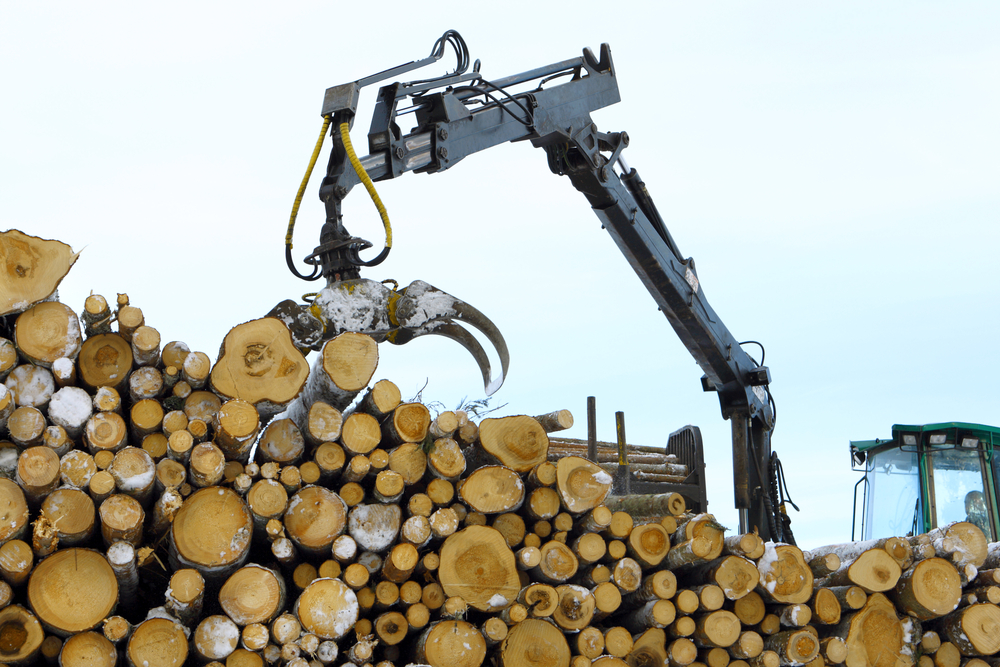The forestry-licensing debacle was the subject of another Dáil discussion recently with Labour Party agriculture spokesperson, Seán Sherlock and chair of the Joint Oireachtas Committee on Agriculture, Food and the Marine, Jackie Cahill sharing speaking time on the matter.
The issue was discussed during a motion put forward by Deputy Cahill calling on the Dáil to take note of the report of the Joint Oireachtas Committee entitled Issues impacting the Forestry Sector in Ireland.
Deputy Sherlock told Minister of State with responsibility for forestry, Pippa Hackett, that something is wrong in the Department of Agriculture, Food and the Marine (DAFM) in relation to how felling licences are being dealt with.
“In the shadow of the COP26 meeting, we are felling more trees and granting more licences to fell trees than we are granting licences to plant trees in the 26 counties,” Deputy Sherlock said.
He said the forestry-licensing dashboard proved this was the case with total afforested hectares currently at 3,598ha, while felling is at 24,185ha.
He told told minister the that for every 1ac of forestry we plant, we’re cutting approximately 6.7ac.
“We are cutting down more trees than we are planting. That is a real-time analysis of where we stand regarding forestry policy in this country,”
“We can sequester carbon and put in place, through the next round of the CAP programme, a system that embeds the idea that forestry will become an integral part of that programme.”
He said forestry is a vital sector and we must recognise the “potential that afforestation brings in helping us to meet our carbon emissions targets”.
Cahill calls for forestry charter
Deputy Jackie Cahill called for the implementation of a forestry charter “similar to that which operates in the farming sector” with strict, agreed timeframes between stakeholders and the DAFM.
And he said that any new environmental scheme under the next Common Agricultural Policy (CAP) should “wrap its arms around forestry”.
“We are in the final stages of preparing our submission in respect of CAP, for the period 2023 to 2027, with a new and enhanced environmental scheme as a key part of this plan.
“In 2015, 852 farmers planted trees, whereas in 2020, that figure had fallen to 100. The main reasons for this relate to the blanket ban on designated land and the fact green low-carbon agri-environment scheme (GLAS) participants were prohibited from carrying out afforestation.
“Farm forestry has to be one of the measures allowing farmers to achieve the maximum payment under the environmental scheme.
“Environmental forestry measures have to be included to persuade the 50-plus farmers who will be in this new scheme to consider planting a portion of their farm and to ensure forestry will once more become attractive to farmers from an environmental and economic perspective,” he said.
Minister responds
Responding, Minister Hackett said she wanted to make it clear that the government is committed to the future of forestry in Ireland.
She outlined a number of ways in which progress is being made: the establishment of the forestry policy group; guaranteed licensing timelines; the appointment of an independent systems analyst to look at the forestry service’s processes; proposals to help to improve the quality of applications.
In the area of licence delivery, she said:
“It is untrue to say that very few licences are issuing. In the past two months, we have issued over 1,000 new licences.”
Notable too, she said, is the number of private felling licences approved, which is something forest owners and those in the sawmilling sector have been calling for.
“To date, we have issued over 1,000 private felling licences to farmers. Coillte, which supplies 75% of Irish timber, is fully licensed for 2021 and we expect that its 2022 programme will be fully complete by the end of the year.”
But on afforestation she said she was well aware that the output of afforestation licences has not kept pace with felling licensing.
“Getting afforestation licensing back on track remains our main outstanding priority. We are addressing that and now have 10 ecologists dedicated to afforestation.
“By their nature, afforestation licences are more difficult to process as they represent a change of land use activity and there are strict requirements in terms of assessment.
“As things stand, there are 5,700ha of approved lands available for afforestation and I would encourage every landowner with an afforestation licence to make use of it.”
